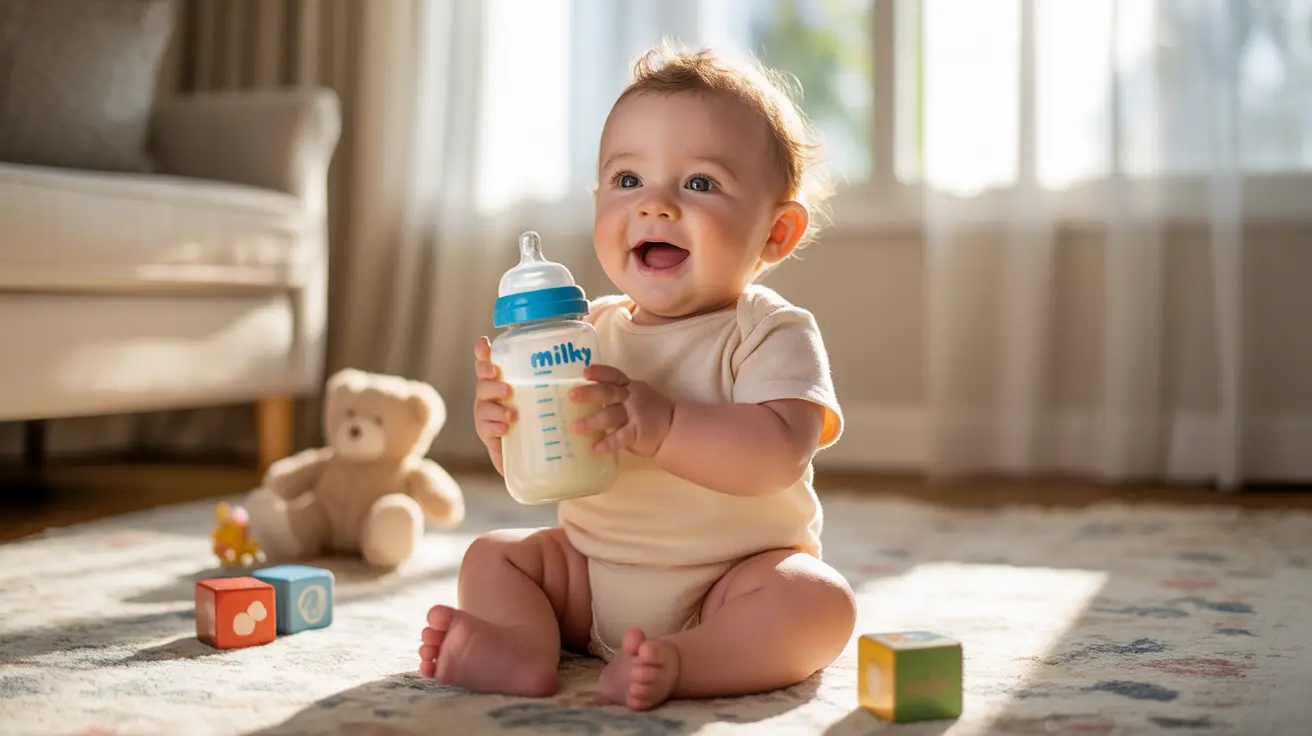As your baby grows and develops, one of the exciting milestones parents look forward to is their little one holding their own bottle. This skill represents an important step in your child's motor development and growing independence. Understanding when this milestone typically occurs and how to support your baby's progress can help you navigate this developmental phase with confidence.
Understanding the Timeline for Bottle-Holding Skills
Most babies begin showing the ability to hold their own bottle somewhere between 6 and 10 months of age. However, every child develops at their own pace, and this timeline can vary significantly. Some babies may show interest and capability as early as 4 months, while others might not master this skill until closer to their first birthday.
Signs Your Baby Is Ready to Hold Their Bottle
Before your baby can successfully hold their bottle, they need to develop certain physical abilities and show specific readiness cues:
- Improved hand-eye coordination
- Ability to grasp and hold objects
- Interest in reaching for their bottle during feedings
- Successfully bringing toys or other objects to their mouth
- Good head and neck control
- Ability to sit with minimal support
Supporting Your Baby's Bottle-Holding Journey
Creating Opportunities for Practice
You can help your baby develop the necessary skills for bottle-holding through various developmental activities:
- Offering age-appropriate toys that encourage grasping
- Practicing supported sitting
- Guiding their hands to the bottle during feeds
- Using bottles with easy-grip handles or textured surfaces
- Maintaining supervision during all feeding sessions
Safety Considerations
While encouraging independence is important, safety should always be the primary concern during feeding times:
- Never prop bottles or leave baby unattended during feeds
- Ensure proper positioning to prevent choking
- Check bottle temperature before allowing baby to handle it
- Use appropriate bottle sizes and shapes for your baby's hands
- Always supervise feeding sessions
Transitioning Beyond the Bottle
As your baby masters bottle-holding skills, it's important to look ahead to the next feeding milestones:
- Introduction of sippy cups around 6-9 months
- Practicing with regular cups with assistance
- Gradual transition away from bottles between 12-18 months
- Developing self-feeding skills with other foods
Frequently Asked Questions
What is the average age babies start holding their own bottle, and is it normal for some to do it sooner or later than others? Most babies begin holding their own bottles between 6 and 10 months of age. It's completely normal for some babies to achieve this milestone earlier or later, as every child develops at their own unique pace.
What are the signs that a baby is ready to hold their own bottle, and how can I encourage them to learn? Key signs include good head control, ability to grasp objects, and bringing toys to their mouth. Encourage learning by offering easy-grip bottles, guiding their hands during feeds, and providing plenty of opportunities to practice grasping skills with toys.
Is it safe for my baby to hold their own bottle, and should bottle-feeding ever be left unsupervised? While it's safe for babies to hold their own bottles once they're developmentally ready, feeding should never be unsupervised. Always monitor feeding sessions to prevent choking and ensure proper positioning.
What should I do if my baby is 10 months or older and still not holding their bottle—does this mean something is wrong? If your baby isn't holding their bottle by 10 months, this isn't necessarily cause for concern, as development varies among children. However, discuss any developmental concerns with your pediatrician during regular check-ups.
How does holding a bottle relate to other feeding milestones, and when should we transition from bottles to cups? Bottle-holding is one of several feeding milestones that typically precedes cup-drinking skills. Start introducing sippy cups around 6-9 months, and plan to transition away from bottles between 12-18 months of age.




